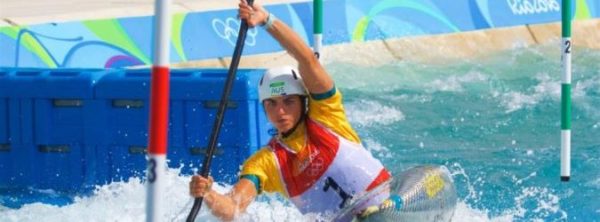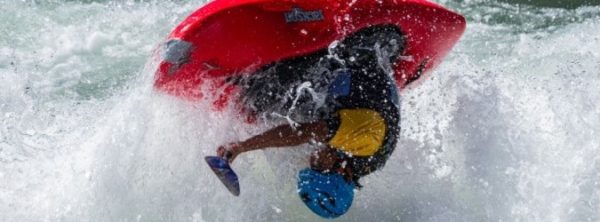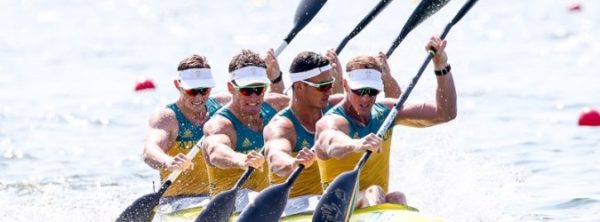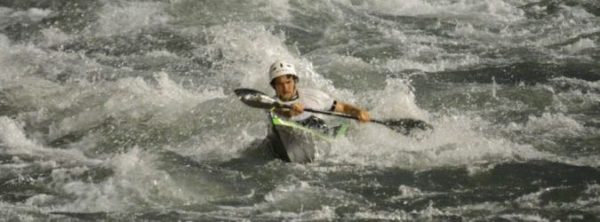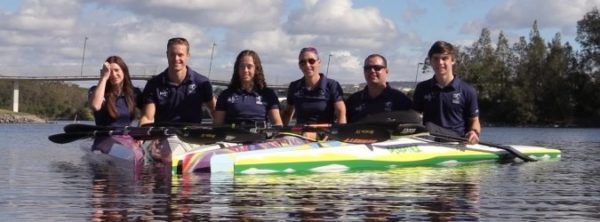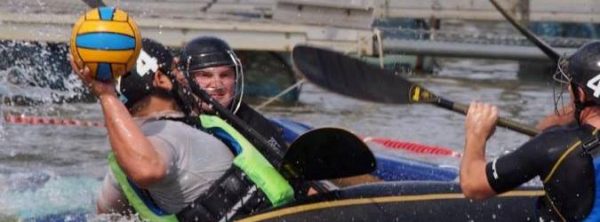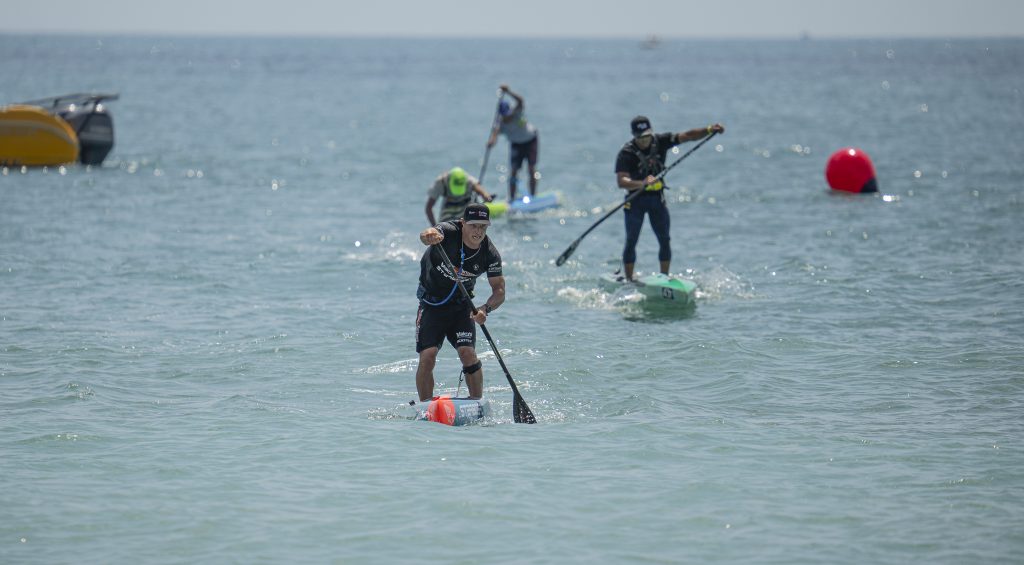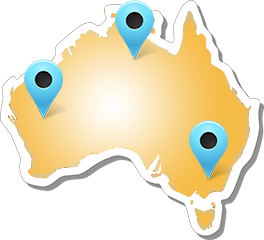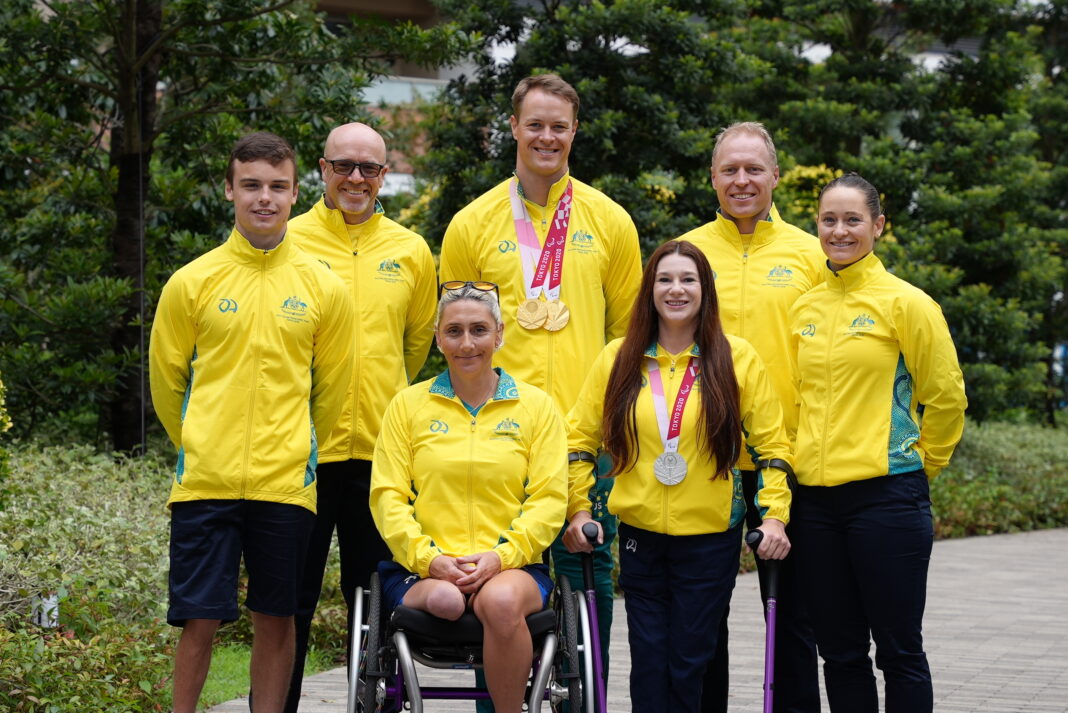Australia’s Paracanoe sprint coach Shaun Caven labels the Para athletes as “fire-starters”.
The likes of Paralympic paddlers Curtis McGrath, Ben Sainsbury, Susan Seipel and Dylan Littlehales are natural leaders, Caven says, with the ability to inspire greater community participation, mentor emerging high performance athletes, and to set standards of performance excellence for all involved at the Olympic and Paralympic levels of the sport.
“We actively integrate everyone together as one team,” Caven says of Paddle Australia’s approach to collaboration between the Olympic and Paralympic programs.
“It’s mutually beneficial because the Para-team generally paddles earlier in the regatta, so when we paddle well, we set the performance standard for everybody else to try and maintain. We get off to a good roll and it helps the whole team generate momentum. That’s the standard everybody has to try and hit, it gets us off on a roll.”
“It helps me as a Head Coach, as I also get to mix with other staff / athletes and everyone feels like they’re part of a bigger team.”
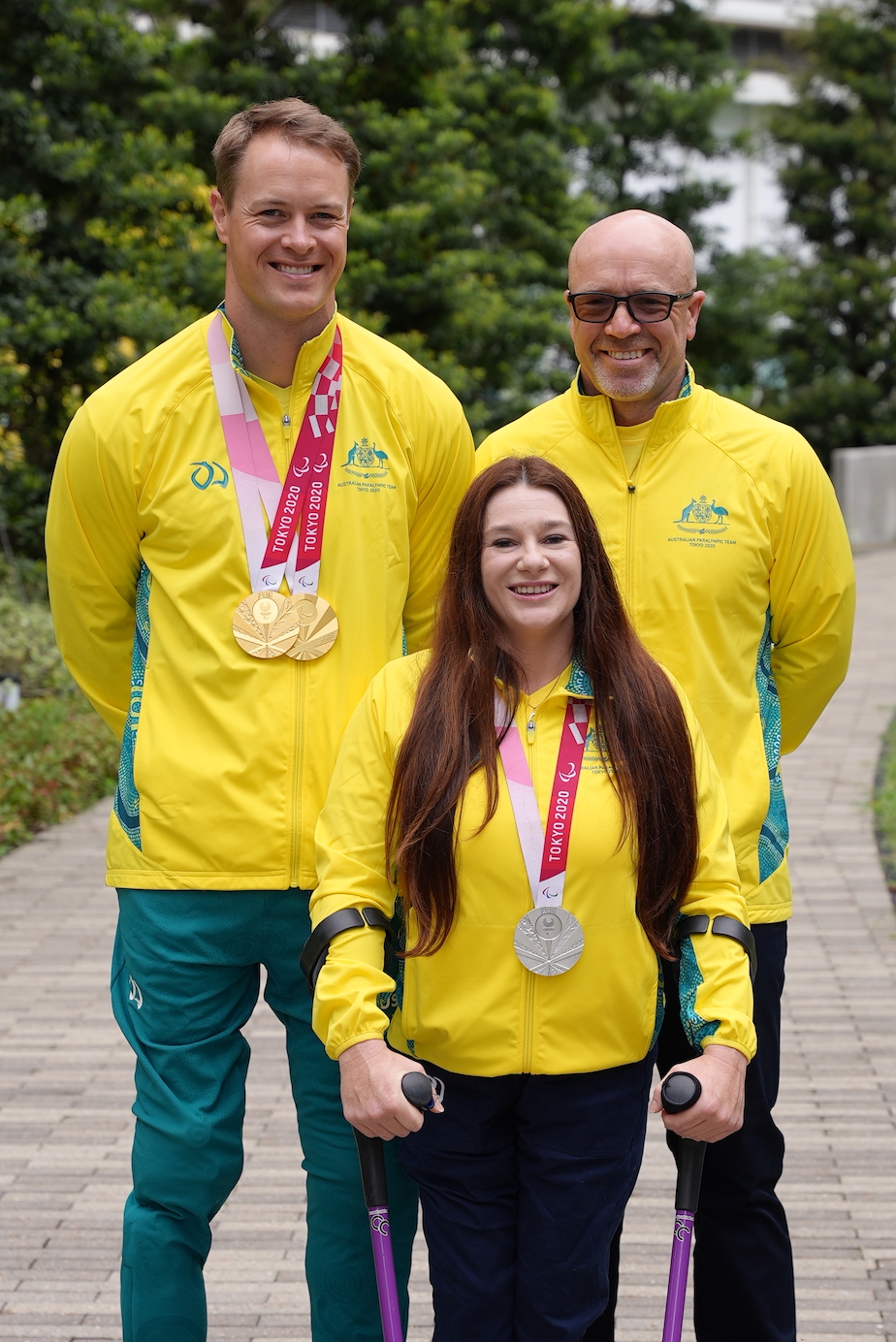
Caven’s international coaching career spans well beyond two decades. Born in Scotland, he began by guiding the Scottish national team in 1997, before progressing to head coach of British Canoeing from 2002-2008, then USA national team coach for the next decade through to 2018.
Arriving in Australia in 2019, Caven feels lucky to be working with his current crop of athletes. McGrath, Seipel and Littlehales were pioneer athletes for Paralympic paddle in Australia, selected for the sport’s Paralympic debut at the 2016 Rio Games, and all still on track to compete at Paris 2024.
Caven says they are the perfect role models to shape Australia’s athlete pathway well into the future, to Brisbane 2032 and beyond.
“It’s looking good in terms of those three being the fire starters for the team, setting the example and hopefully we can get some more athletes to join them,” Caven says.
“The athletes in the Para pathway now, they’ve got the opportunity to paddle against Curt, Dylan and Susan. They know if they can compete against them, they’ll be competitive on the world stage.
“We’re trying to develop a pathways program to include more athletes. The ICF has allowed us now to send two people to the world championships in each category, so that should allow us to develop the sport more, allow people a greater opportunity to compete for Australia at the appropriate level for them.
“So hopefully, with those things in place, we can transform the sport and make it a sustainable strategy through to Brisbane [2032], which is what we’re ultimately aiming at right now.
“It’s a critical moment in time and if we invest appropriately across the key performance drivers, then we can perform in Paris, LA and Brisbane, setting ourselves up for exciting results.”
Caven is also using his international experience to help build Australia’s broader coaching capability and collaboration across high performance sports. Caven is part of the Australian Institute of Sport’s inaugural HP Coach Mentorship Program and is working with Para-Archery coach Sarah Fuller.
“The idea is that I pass on my experience and knowledge, but it’s been mutually advantageous. I’ve gained as much as Sarah has,” Caven says. “If we can start to do that cross-fertilising between sports, the issues are similar regardless of the discipline, and it helps promote new ideas and wider collaboration.”
Caven says he enjoys Paddle Australian and the Australian High Performance Sport System’s national approach and collective teamwork.
“The Paralympic team in Australia overall is well organised and very strong,” Caven says. “Anything we can do as Paddle Australia’s High Performance Program to contribute to that greater team and system, we’re happy to contribute.
“It is really transformational for people to get involved, whether you’re a coach, administrator, a parent, sport scientist, member of staff or a prospective athlete. If you get involved in the sport, then the benefits will long outlast your athletic career.”






